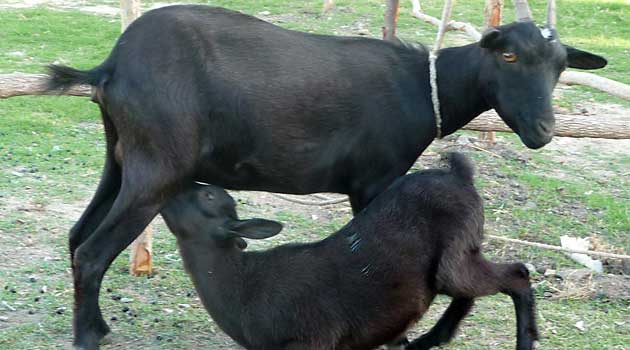 Social Business Micro-credit Initiative
Social Business Micro-credit Initiative
In order to build economic independence for people in the community of Bod me Limbe, efforts are being made to encourage social business through the provision of small micro-credit loans and business expertise. While this initiative does not address one of HVH’s 4 objectives, its works towards HVH’s longer term mission of creating a self-sufficient community by encouraging independent income generation through local production and employment.
Peanut Depot
HVH is meeting with local peanut farmers to assist them in the creation of a farming co-operative. If successful, HVH will develop a grant application to build a production depot for the cooperative in order to improve market access and quality control for the farmer’s output. The objective is to enable farmers to supply the Haitian organization Meds and Foods For Kids (MFK), which produces Medika Mamba, a high protein/high calorie food supplement. Currently, MFK must purchase peanut supplies internationally because supply quality and quantity is not available locally. The goal of the cooperative and depot would be to assist the farmers in growing quality peanuts that can be sold to MFK. This would provide an immediate market for the peanuts and would consequently help to improve the livelihoods of the farmers with the added opportunity to export surplus production as a way to earn income.
Goat Project
In November 2011, HVH had the privilege of hosting an expert veterinarian for one week to investigate the possibility of implementing a program to help address food security through improved livestock practices with the local villagers. The proposed project is based on a goat-breeding concept where goats are communally raised and bred by groups of villagers. Mechanisms in place ensure villagers keep each other mutually responsible for the sustainability of the livestock and as a result, stock increases and the goats become a sustainable food source for the community. HVH is excited about the project and is excited to get started.
The concept of the project is that goats are communally raised in groups of 5 villagers (male and female) who assume mutual responsibility for collectively raising 20 goats. Haiti Village Health will partner with another Haitian NGO - Sonje Ayiti – who have an Agronomist on the ground with a lot of goat management experience and currently runs goat projects in other parts of Haiti. Each Goat Group will consist of one buck and 20 pregnant young does managed as one herd, by five villagers, under the supervision of the Agronomist. Each villager will sign a contract stipulating that the Goat Group must give, as a gift to the next village, 20 pregnant young goats, so it is a gift that keeps giving over time. This program will have an immediate impact on peoples diet and as stock increases, the goats become a sustainable food source as long as consumption is monitored.
A critical aspect of the project is the training, which is provided by Sonje Ayiti’s agronomist, to educate the villagers on the importance of long-term planning for the goats.
It is important that the participants understand that the project’s success depends on the Goat Group ensuring that no one individual sells or eats the goat in times of need, a credible threat when dealing with individuals who live in highly impoverished and food insecure regions.
The project requires initial funding, but then becomes self-sufficient. The entire program costs $4500 to start, as the cost for the initial purchase of a healthy, pregnant goat is $100 and $500 for the buck. This includes the cost of training and monitoring. The great thing about this project is that while it requires initial external funding that the villagers couldn’t afford, it is a project that grows itself without the need for further funding, and eventually it improves food security and livelihoods.






